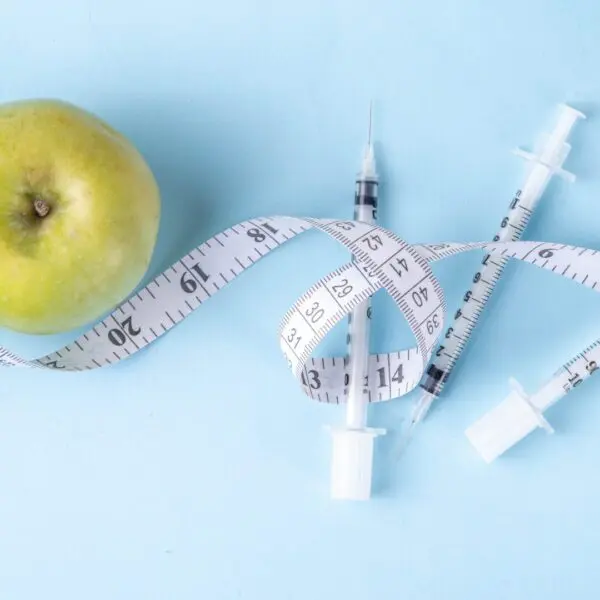As my longtime readers know, I have been touting the benefits of vitamin D for a very long time. In fact, we included it in a rundown of our top five anti-aging vitamins. Regarding vitamin D specifically, new research has shown that this fat soluble vitamin provides a host of positive changes to our bodies, including improved immunity, a lowered risk of type 2 diabetes, lower risk of high blood pressure and it may even help boost your mood.
Now, a new study by the The Harvard Gazette surrounding possible vitamin D benefits reveals a link between a person’s Body Mass Index (BMI) and their vitamin D levels.
One of the key points is that those with higher BMIs tend to have lower levels of vitamin D. This may be caused by the fact that vitamin D is a fat-soluble vitamin. Higher body fat levels can interfere with the body’s ability to absorb and utilize vitamin D.
Senior author of the study, JoAnn E. Manson, chief of the Division of Preventive Medicine at the Brigham and Women’s Hospital and principal investigator of VITAL, the study where the results were derived from, shared a major insight:
“This study sheds light on why we’re seeing 30 to 40 percent reductions in cancer deaths, autoimmune diseases, and other outcomes with vitamin D supplementation among those with lower BMIs but minimal benefit in those with higher BMIs, suggesting it may be possible to achieve benefits across the population with more personalized dosing of vitamin D,” said Manson. “These nuances make it clear that there’s more to the vitamin D story.”
What stood out to me was that the research showed that people with higher BMI tend to have lower levels of 25-hydroxyvitamin D (25(OH)D), the form of vitamin D measured to determine a person’s vitamin D status.
This is because vitamin D gets stored in the fat cells. Thus, people with higher BMI have more fat cells and less circulating vitamin D. As is pointed out in the article, this is important information. It means that if we can properly dose vitamin D for people with a high BMI, they may be able to see more of the benefits of vitamin D supplementation along with a healthy diet and exercise routine. If you’re thinking of starting an exercise routine, you should check out this blog as well:
3 Reasons You Should Start an Exercise Routine
– Dr. P














